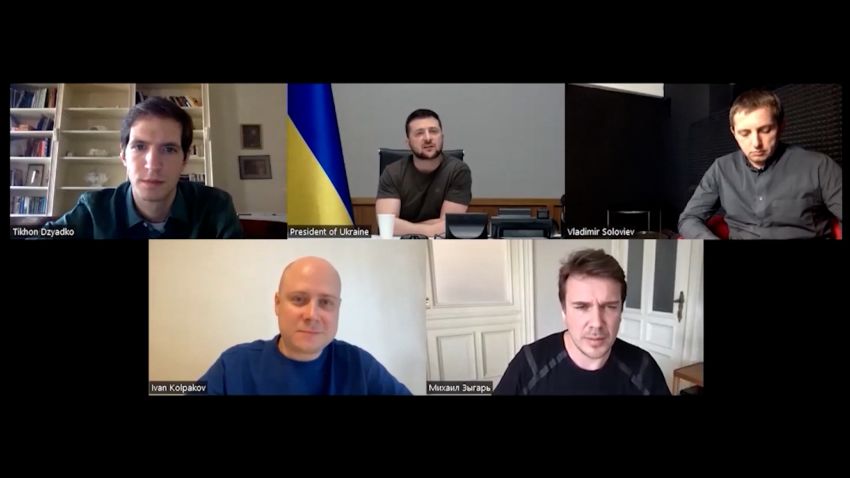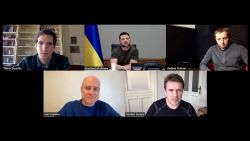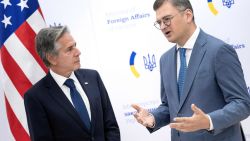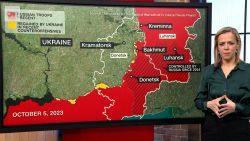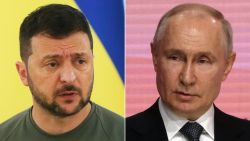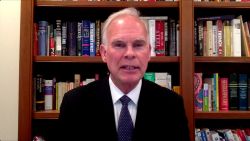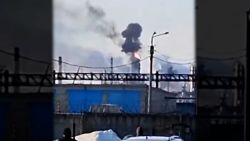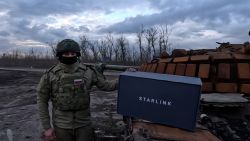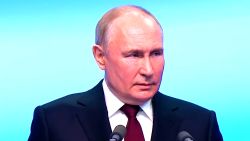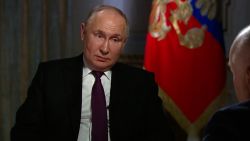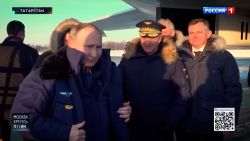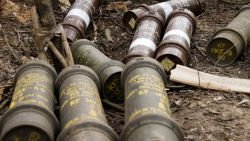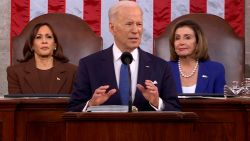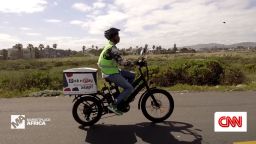The heartbreaking video looks just like the pictures western TV viewers are getting from the war in Ukraine: a grandmother, bundled up in a thick jacket against the cold, stands weeping in front of her wooden house, now smoldering from a rocket that hit her village. “They destroyed everything!” she cries. “Nothing is left.”
But this is the Russian government-controlled TV channel Rossiya24 and, in this report, the soldiers attacking her village are Ukrainian, not Russian. The Russian correspondent calls them “nationalists.” Other reports on the channel call them “neo-Nazis,” “fascists,” or “drug addicts” who use civilians as “human shields.”
Almost all reports of the conflict are from the breakaway Donbas region in Ukraine’s east, specifically the two self-proclaimed “people’s republics” of Donetsk and Luhansk, primarily Russian-speaking entities that Russia recognized as independent statelets on February 21.
That was the trigger for Russia’s invasion of Ukraine, providing Moscow the pretext to invade, claiming it had no choice but to “protect” them from imminent attack by Ukraine, an allegation Ukraine strongly denies. As one news report put it: “De-nazification was possible only with a military operation.”
On Russian broadcasts, the war in the rest of Ukraine, the war most people around the world are witnessing, is largely ignored – the wreckage of Mariupol left in the wake of Russian bombing; the charred skeletons of houses and buildings in Kharkiv, Chernihiv, Kherson, Zhytomyr and other towns decimated by Russian airstrikes; residential neighborhoods in the capital Kyiv, along with their shellshocked, bleeding residents fleeing Russian shelling – almost none of this is shown on Russian TV. When it is, it’s blamed of course on Ukrainian forces. There is also no accurate coverage of the recent military setbacks suffered by the Russian military.
The reports are emotional, often filled with angry accusations and threats. On one of Russia’s most popular talk shows the host, Vladimir Solovyov, rails against Europe and the United States, at one point taunting American media reports that Russian President Vladimir Putin, allegedly, is not being informed by his aides about what really is happening in Ukraine.
“You don’t know yet what answers we are preparing for you, you don’t know where this is going, and you really won’t like it, our American comrades!”
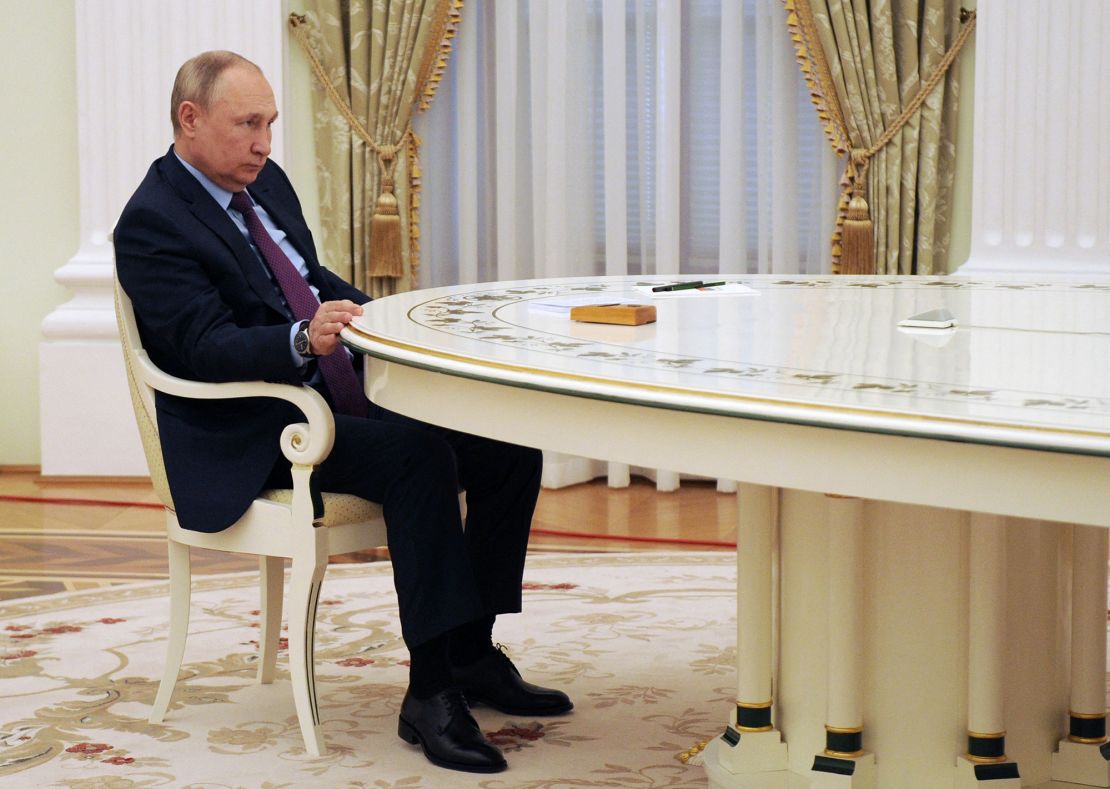
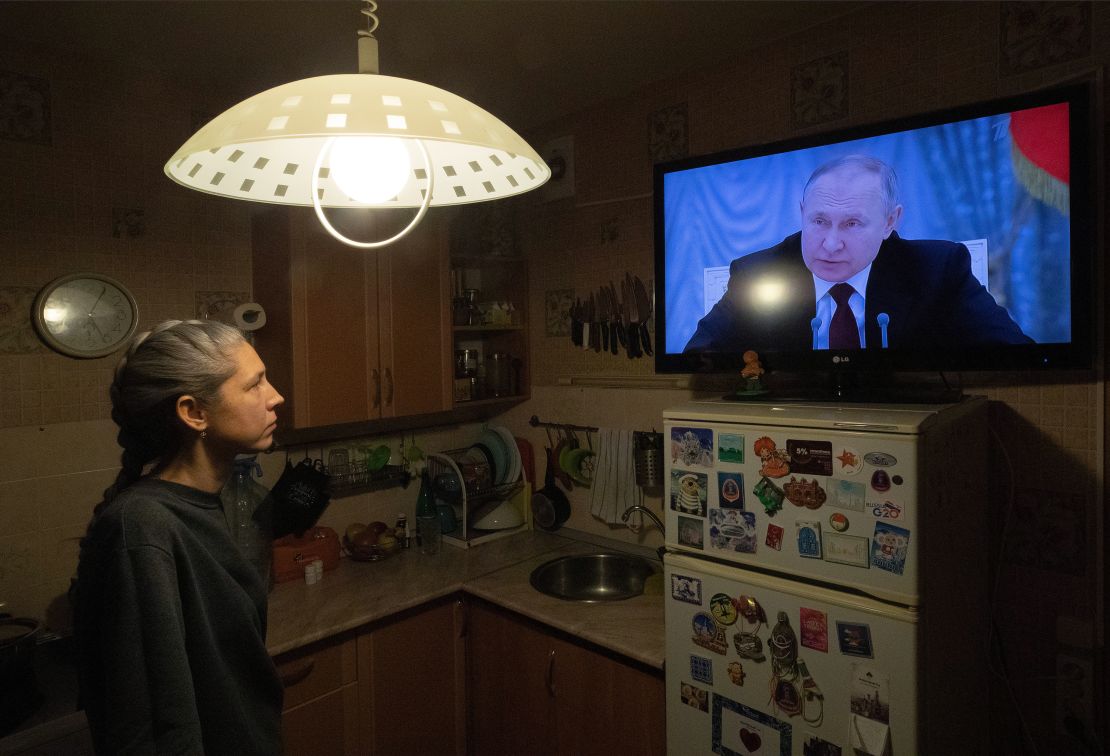
Putin, too, has been using more raw, emotional language in his TV appearances as he meets with his Security Council in Zoom-like virtual discussions, or in person, with a member of his cabinet seated at the opposite end of a ludicrously long table, to avoid any possibility of being infected with Covid.
The West has one goal, he said in one address: “the destruction of Russia.”
“But any people, and especially the Russian people,” he assured his viewers, “will always be able to distinguish true patriots from scum and traitors and will simply spit them out, like a gnat that happed to fly into their mouths.”
In the closed world of Russian propaganda, however, high emotion can’t always make up for a lack of logical consistency. Putin claims that Ukraine isn’t really a country but rather an historical part of Russia. Ukrainians and Russians, as he described it in a rambling treatise he published last summer, are one people. And yet, in the war that he himself ordered, Russians are killing their “brotherly” Ukrainians.
Sprinkled throughout the news bulletins are short video clips meant to drum up support for the attack on Ukraine: eager young people running into a formation that, from above, spells the letter “Z,” the unofficial symbol of Russia’s offensive against Ukraine, painted on almost every tank and armored personal carrier in the war zone – and occasionally, back in Russia, spray painted on the doors of Russians who express any opposition to the invasion.
In another “rally round the flag” video featuring short quotes from people who look like ordinary Russians, one man says “I support our president!” Another proclaims: “I fully support the policies of our president to protect our people!” Still another says darkly “We don’t want NATO to come near us.” The last speaker implores: “Let’s come together!”
In an Orwellian touch, the conflict in Ukraine can be called only a “special military operation.” Under a law passed on March 4, it’s illegal to call the war a “war,” or to describe it as an “attack” or “invasion.” Violators can be punished with up to 15 years in prison, as can news organizations that disseminate anything deemed “fake news” about the “operation” or the Russian military.
There is simply no contrary view of the war to be seen or heard in Russia’s mass media. Street protests against the war that broke out across Russia in the first weeks of the fighting, in which more than 15,000 people were detained or arrested, are never shown on state TV.
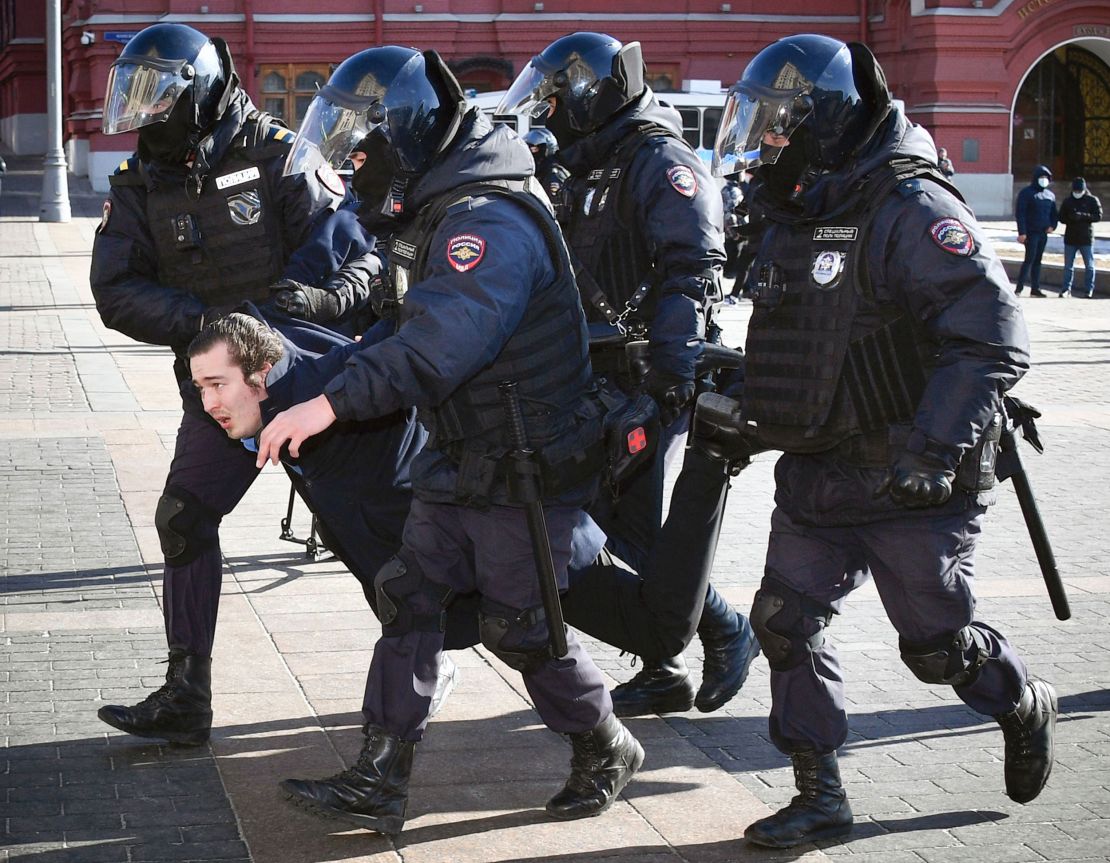
Information blockade
The Putin government, for years, has been methodically eliminating Russia’s free media and, as the war began, the two remaining independent media outlets, TV-Dozhd (TV-Rain) and Echo Moscow Radio, shut down after the new “Don’t say war” law was passed. All broadcast media now is controlled by the government, either directly or through Kremlin-friendly owners and most Russians, with the notable exception of young people, get their news and information from TV.
Online sources of information, such as Facebook, Twitter, Instagram and other foreign social media platforms have been blocked. So are international media outlets that broadcast in the Russian language, like the BBC and Radio Free Europe/Radio Liberty.
This information blockade appears to be having some success in convincing Russians that their president’s war is justified. Subjected to a firehose of propaganda with lies that Nazis rule Ukraine, that Russian compatriots in the Donbas are the victims of “genocide,” that Russia itself is in mortal danger of attack from NATO, it may be understandable that many Russians support the war.
A March poll by Levada Center, an independent pollster, suggested in fact that Putin’s ratings had gone up since the beginning of the war, with 83% of respondents saying they approved of the Russian President, up from 69% in January. But it’s clear that polling is not necessarily reliable in a country where people are subject to a stream of propaganda, and dissent is not tolerated.
Ukrainians will suffer for years to come from the destruction unleashed by this unnecessary war. But Russians, too, will suffer the effects of this vicious information war waged by their own government.
